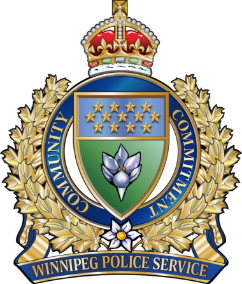The Winnipeg Police Service Community Relations Unit is committed to providing education and awareness around various topics impacting the community. At the start of this new school year (for all ages), the issue of sexual exploitation and abuse in sports is a relevant topic to discuss. A call for action and change is at the forefront for educators, law enforcement and the media.
The Winnipeg Police Service is creating new and relevant presentations for parents, athletes and sporting organizations to educate and prevent sexual abuse in sport.
Sexual exploitation and abuse usually occur hand in hand and develop through a grooming process facilitated by a coach. In these cases, the coach forges a relationship of trust and promise with the athlete and their family. Athletes and parents come to believe this close relationship is special, helpful and unique to their child and advantageous to their future in sport.
Some red flag behaviours include the following:
- A coach having 1-on-1 electronic communication with an athlete (team group chats are acceptable)
- Inviting an athlete to a coach’s home should never occur (team gatherings in public are acceptable)
- Being alone in a vehicle with an athlete (carpooling or driving with more than one athlete is acceptable)
- Sharing a room alone or overnight with an athlete (room checks with a chaperone is acceptable for overnight team trips)
- A coach frequently touching an athlete without asking permission or insisting that personal massages are beneficial
(asking permission to touch an athlete only to demonstrate proper technique is acceptable only with permission)
These listed behaviours are never acceptable. Coaches must complete certifications that clearly outline the difference between behaviours, language, and boundaries that are acceptable/not acceptable between coaches and players.
Kids and parents should be aware of the signs and behaviours of the grooming process that can lead to sexual exploitation and sexual abuse.
Anyone wishing to book a presentation about sexual abuse in sport or other topics can do so below:
https://winnipeg.ca/police/TakeAction/presentations.stm
Other safe sport information can be found at:
https://www.sportmanitoba.ca/safesport/
Anyone with information about sexual exploitation or sexual abuse in sport or who wishes to speak to an investigator can call the Sex Crimes Unit at 204-986-6245. Support resources include WPS Victim Services at 204-986-6350 and the Klinic Sexual Assault Crisis Line at 204-786-8631.
